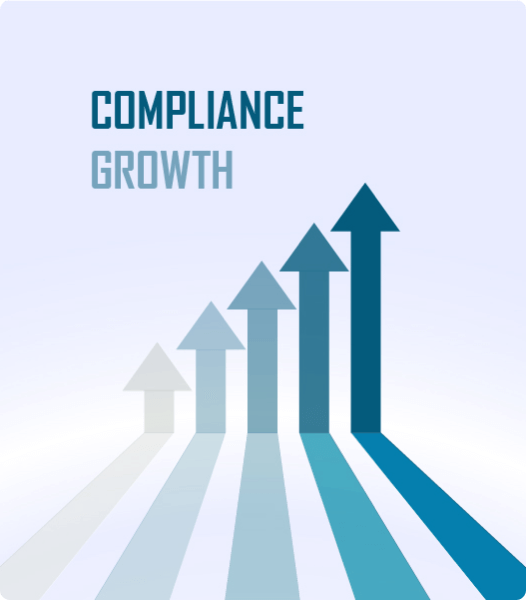Strategize Your Path to Conflict Minerals Compliance
Develop and execute your strategy for complying with conflict minerals regulations.
Efficient supply chain management is the backbone of sustainable business operations. At Acquis Compliance, we transform complexities into clarity with innovative solutions that tackle challenges, ensure compliance, and maintain transparency throughout your supply chain. Our approach helps businesses reduce costs by up to 40% while providing 100% reporting accuracy, empowering you to focus on growth and sustainability

Develop and execute your strategy for complying with conflict minerals regulations.

Keep an eye on and assess whether suppliers or products meet compliance standards.
Implement thorough country of origin inquiries by leveraging supplier Conflict Minerals Reporting Templates (CMRTs) and validating smelters.
Interact effectively with suppliers worldwide by offering user-friendly support in multiple languages.

Achieve seamless compliance reporting without straining your budget with our cost-effective solution.


Book a demo or contact our conflict minerals compliance experts to learn how you can transform your supply chain operations and drive long-term success.
6705 Ridgedale CT, Glen Allen, VA 23059
+1.757.801.2760
info@aquiscompliance.com
#9/2, Hennur Bagalur Main Road, Bengaluru - 560077
+91 789 238 1827
info@aquiscompliance.com